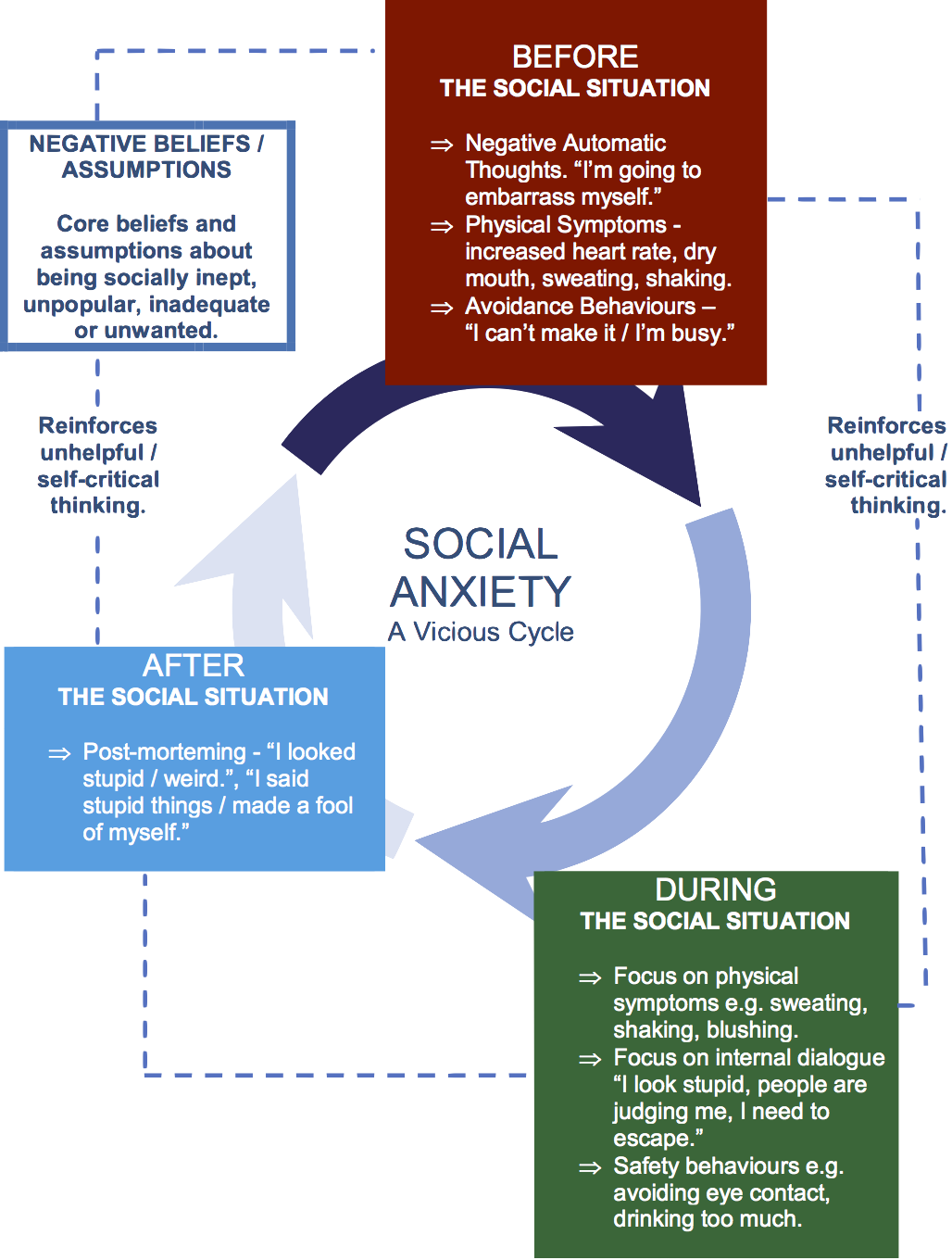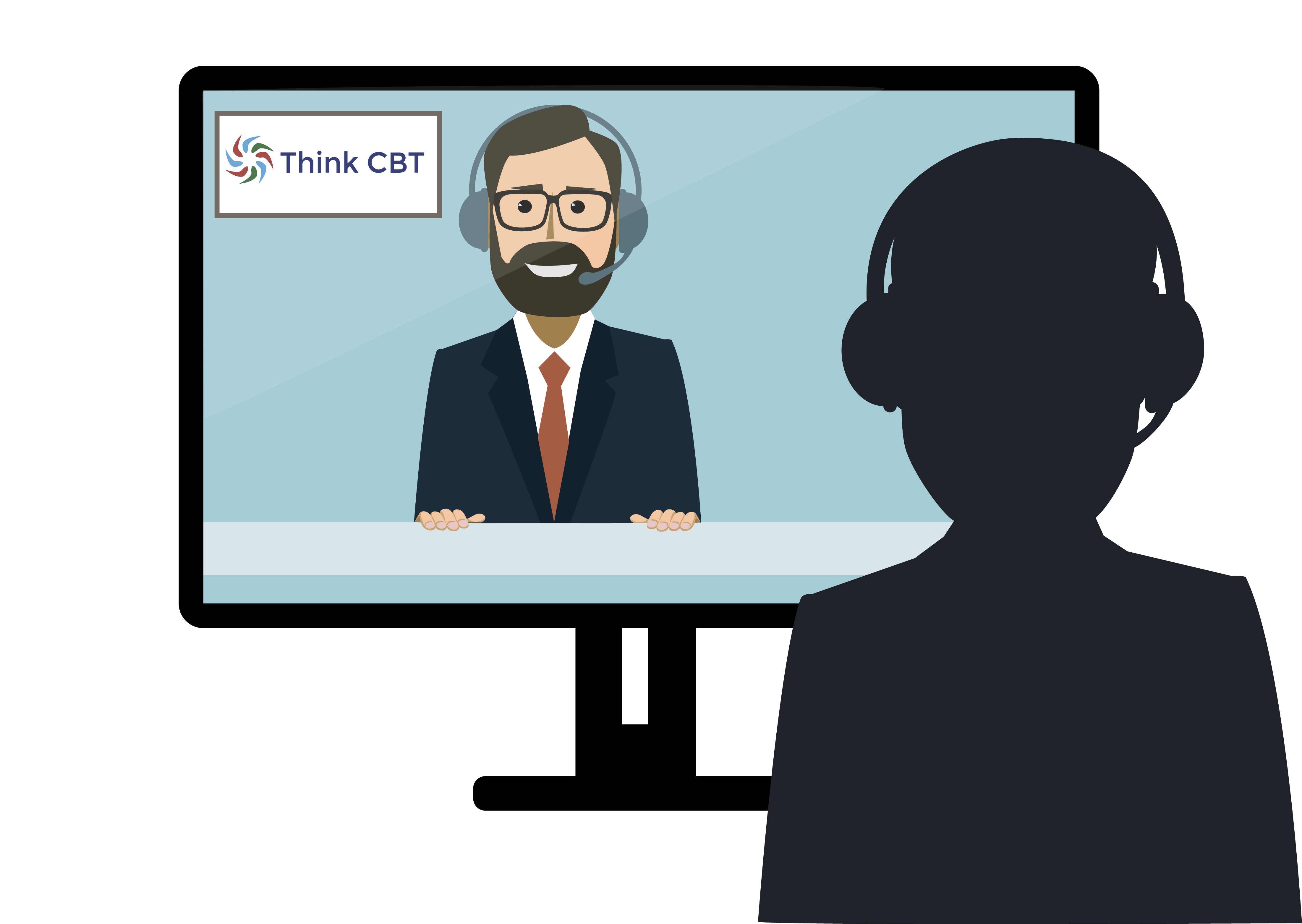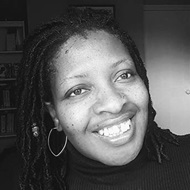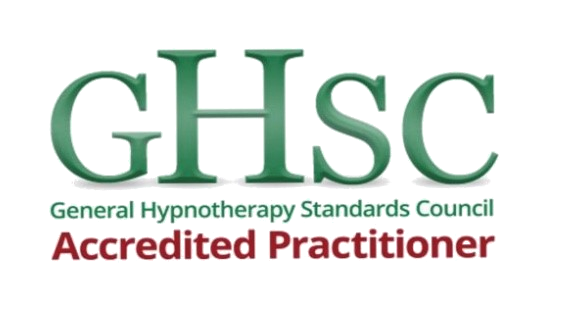CBT Treatment for Social Anxiety - London, UK-wide and Online via Video-Link
We provide Cognitive Behavioural Therapy (CBT) for Social Anxiety, also known as Social Phobia from our main clinics in London and with one of our Cognitive Behavioural Therapists working from over 100 locations across the UK. CBT is the recommended treatment for Social Anxiety and the research evidence shows that it works. CBT for social anxiety can be delivered on a face-to-face basis or online via video-link. To talk to one of our CBT experts about treatment for Social Anxiety, call 01732 808626 or email info@thinkcbt.com
What is Social Anxiety?
Everybody experiences some discomfort in new or unfamiliar social situations. Social anxiety involves severe feelings of distress, embarrassment or apprehension and a tendency to withdraw or avoid the situation. This can have a significant impact and often places limits on the individual's work and personal life.
Social anxiety is usually rooted in a fear of being negatively judged by other people. This can include feeling exposed, inadequate, incompetent, stupid or offensive to others. This can lead to worries about being embarrassed or humiliated, blushing or looking nervous, shaking and feeling breathless, stomach problems or bladder urgency and feeling disoriented, overwhelmed or detached.
Social anxiety affects men and women of all ages and often starts with shyness and social avoidance in childhood or adolescence. Social anxiety is a highly debilitating problem affecting up to 10% of the population and is often linked to other psychological problems including Generalised Anxiety Disorder, Body Dysmorphic Disorder, Low Self-esteem and Depression.
The Social Anxiety Cycle
Social anxiety is normally experienced in three main ways that can form a vicious cycle. This involves worrying about the social situation before it happens, becoming highly self-conscious during the social situation and ruminating about the social situation after it is over. The following model illustrates how the vicious cycle of social anxiety is maintained:

The social anxiety cycle can be triggered in the following situations:
- Being introduced to new people or talking to strangers.
- Making eye contact or casual small talk.
- Being placed in the spotlight.
- Speaking in public or delivering a presentation.
- Being watched or scrutinised whilst performing a task.
- Eating in public places.
- Having to walk into a busy room, group meeting or party.
- Preparing for unfamiliar social encounters or large social events.
- Introducing one’s self in a circle or meeting at work.
- Forming new interpersonal relationships or dating.
Sometimes people can cope with formal or structured interactions such as work-related meetings or presentations, but struggle in informal, spontaneous or unfamiliar social situations. Individuals experiencing Social Anxiety know that their fear is irrational; however, this does not in itself reduce the physiological and emotional anxiety symptoms.
Social Anxiety sufferers tend to use a range of covert tactics or avoidance behaviours, in an attempt to hide or control their anxiety symptoms. These can include avoiding social gatherings, making excuses to exclude themselves from meetings or events, clearing their throat or complaining of a cold when talking, counting the number of people in a room or group, avoiding eye contact and sometimes overcompensating by interrupting or interjecting to avoid their turn in the spotlight.
Social Anxiety has a life limiting effect. The intense concerns about personal scrutiny cause the individual’s work and social life to gradually shrink as the intense fear of social judgement or evaluation increases. This can also have a negative effect on close relationships and career aspirations.
You can take a free and confidential Social Anxiety self-assessment by clicking on the following link:
Online CBT Cognitive Behavioural Therapy for Social Anxiety

Psychological research demonstrates that online video-based CBT provides a highly effective treatment for Social Anxiety Disorder. We can usually provide an online CBT appointment with one of our Cognitive Behavioural Therapy specialists within a few days of your enquiry. We always start with an informal call to ensure that we can help before starting. Email info@thinkcbt.com
How CBT is Used to Treat Social Anxiety
CBT has been shown to significantly reduce the impact of social anxiety. Clients learn a range of cognitive and behavioural techniques to realistically evaluate their anxiety, develop improved personal resilience and shift their focus of attention back to fully engaging in the social or performance situation.
CBT for social anxiety usually involves work in five key areas covering cognitive change, Behavioural Exposure, Behavioural Experiments, focus of attention training and social skills practice. Each of these areas are briefly outlined below:
Cognitive Change involves identifying and altering the negative thoughts that maintain distress in the three stages of preparing for a social situation, engaging in the social situation and evaluating the social situation after the situation is over. Clients are taught to catch, check, change or let go of negative thoughts that cause distress or interfere with social performance.
Focus of Attention Training involves learning how to shift focus from uncomfortable internal feelings to the social task or activity. This involves learning how to normalise bodily sensations and fully concentrate on the task in hand.
Graded Exposure involves planning and undertaking activities that are normally avoided. The client is encouraged to take small steps to normalise their anxiety without feeling overwhelmed or out of control.
Behavioural Experiments are exercises in which beliefs about performance in social situations are predicted, tried out and evaluated. The client and therapist work together to test negative assumptions and strengthen coping beliefs.
Social Skills Practice involves working in the room with the therapist to try out different scenarios and practise interactions in a safe and non-judgemental environment. Sometimes the therapist may suggest that the exercise is recorded or videoed to help with feedback and evaluation.
Depending on the needs of the client, the Cognitive Behavioural Therapist may also incorporate other CBT techniques, including mindfulness skills, cognitive defusion, acceptance exercises and visualisation work to support the process.
To talk to a Cognitive Behavioural Psychotherapist about CBT for Social Anxiety, complete the simple contact form and we will organise a free initial telephone consultation.
Cognitive Behavioural Therapy for social anxiety brings the same rigor, structure and focus to the problem that it provides for many other psychological, emotional and behavioural problems.
Follow the evidence and take a positive step towards changing your situation.
Call us now on 01732 808626, click here to send a message or email us at info@thinkcbt.com. You can also find out more about our services by clicking this link.
















